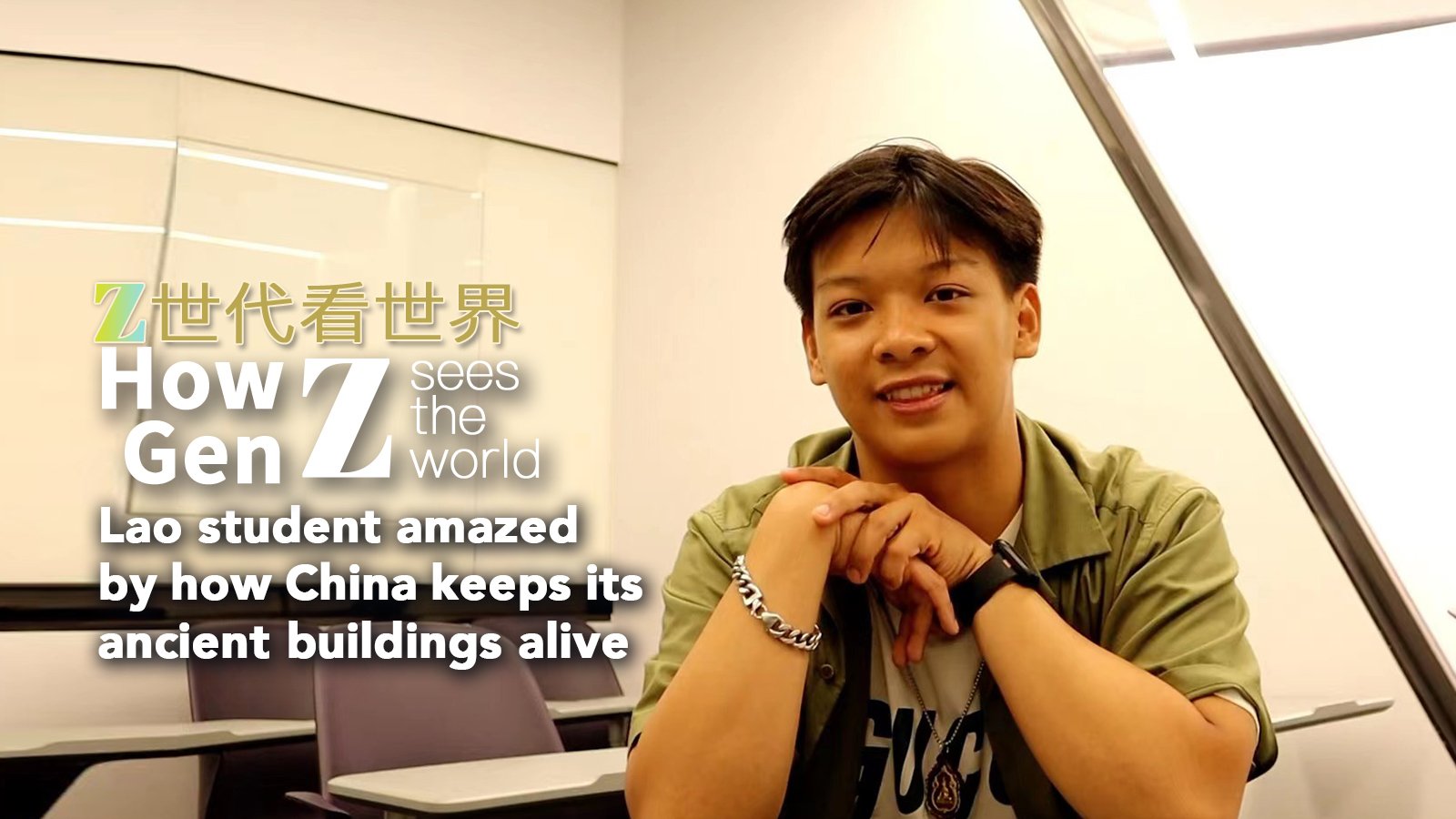Eakvixay Tran, a bright and inquisitive student hailing from Laos, is currently pursuing his dreams in the bustling and culturally-rich environment of Tsinghua University, one of China’s most prestigious institutions. Majoring in economics, Tran’s academic interests might initially appear to be solely numbers and markets, but his fascination with his new surroundings extends far beyond the lecture halls. From the moment he set foot in China, Tran was captivated by the country’s unparalleled dedication to preserving its ancient structures and the way its people seamlessly weave their rich culture into the fabric of their everyday lives.
Preserving the Ancient
One of the most salient examples that left Tran utterly amazed was the preservation of the Great Wall of China. This world-renowned structure is not just a symbol of China’s historical might and architectural ingenuity; it is a living testament to a nation that deeply respects its past.
Eakvixay spent some time traveling and exploring this vast fortification system, realizing that the Great Wall was not merely a tourist attraction but a preserved cultural heritage. Unlike some ancient structures around the world that might fall into decay or become overshadowed by modernity, the Great Wall stands robust and revered.
“Even though almost every Chinese knows what the Great Wall looks like, they still choose to go back there even annually, like on their anniversary or their birthday,” Tran said. This statement speaks volumes about the Chinese people’s connection to their history, a connection that manifests itself in different aspects of their lives.
Culture in Everyday Life
It’s not just monumental structures like the Great Wall that caught Tran’s eye. The infusion of culture into daily life is pervasive in China, from the food people eat to the festivals they celebrate, and even the way they conduct business.
In exploring the local markets and culinary scene, Tran found that traditional recipes are passed down through generations, maintaining their authenticity. Local customs and rituals, such as tea ceremonies, are not confined to museums or tourist attractions but are practiced daily in households and businesses.
Academic Insights
Studying economics in a country that has experienced phenomenal economic growth provided Tran with unique insights. He observed how the principles of economic development were interwoven with cultural preservation, a complex dance between the old and new. China’s ability to retain its cultural identity while progressing at a rapid pace in terms of technology and economy is a study in balance that Tran found fascinating.
The Impact of Culture on Economics
Tran’s studies allowed him to explore the relationship between culture and economics in depth. He found that cultural preservation is not just a sentimental practice; it has practical economic benefits. The tourism industry, fueled by attractions like the Great Wall, plays a significant role in China’s economy. Moreover, the strong sense of identity and community has contributed to social stability, which, in turn, fosters a conducive environment for economic growth.
Comparisons with Laos
As a Lao citizen, Tran couldn’t help but draw comparisons between China’s approach to cultural preservation and his homeland’s efforts. He saw that both countries value their history and traditions but noted the differing scales and strategies in preserving and promoting them. These insights sparked Tran’s interest in researching how smaller economies like Laos might learn from China’s model, integrating cultural richness with economic development.
Conclusion
Eakvixay Tran’s experiences as a Lao student studying economics at Tsinghua University have been much more than academic pursuits. They have been a journey into a society that balances the demands of modernization with a respectful nod to its illustrious past.
The Great Wall of China and the many facets of daily life that embed culture at every turn have not only amazed Tran but provided him with a nuanced understanding of how culture and economics intertwine. His observations extend beyond mere admiration and offer a perspective on how the preservation of cultural heritage can be a driving force for both identity and prosperity.
In a world that often seems to rush towards the future, Eakvixay Tran’s insights remind us of the enduring value and beauty in cherishing what has been, even as we embrace what is yet to come. His time in China has not only enriched his academic life but also offered a profound lesson in the delicate art of preserving the essence of a civilization.
Read More:
